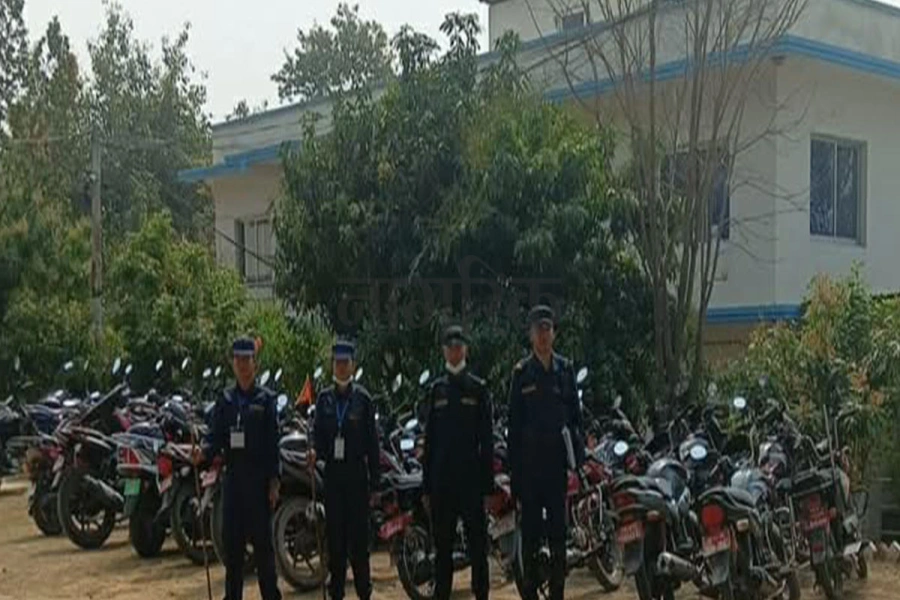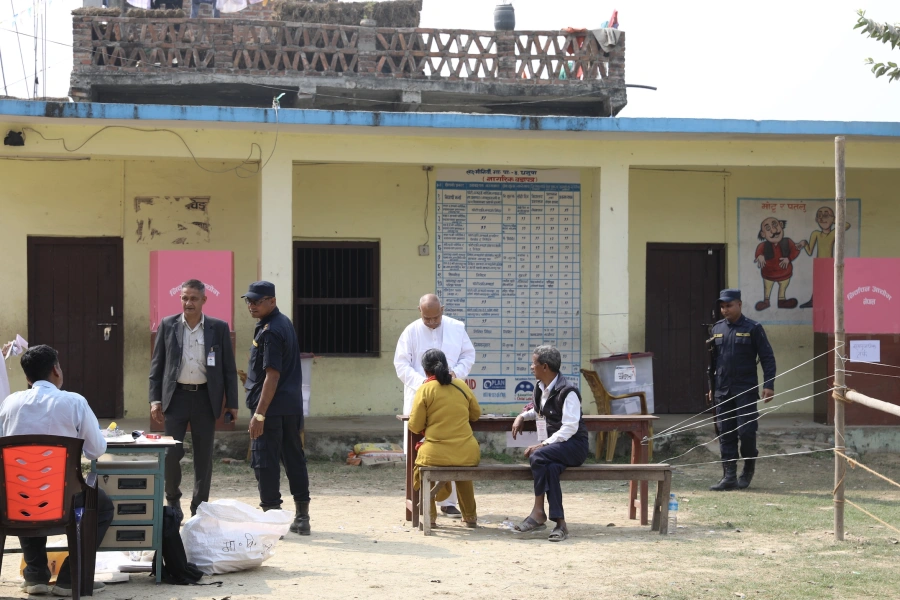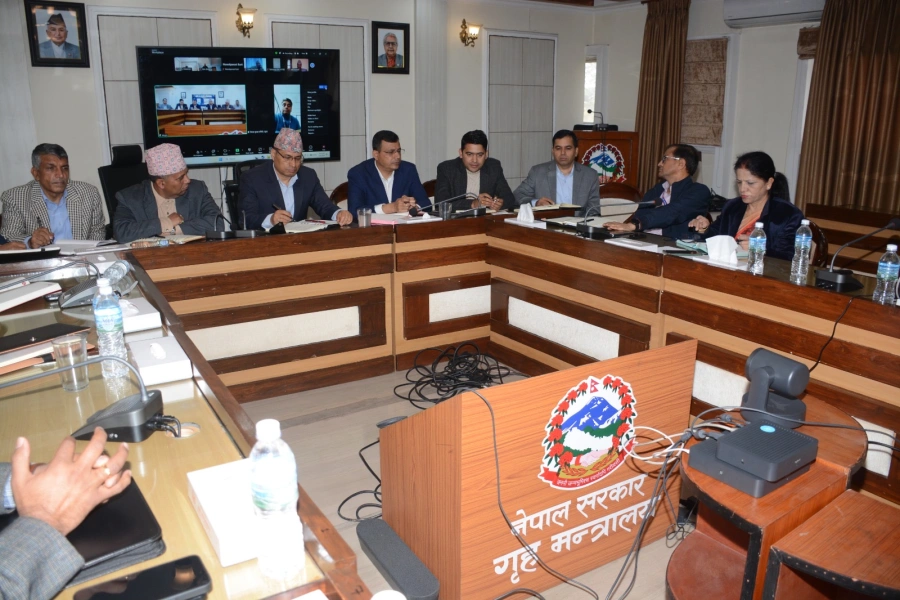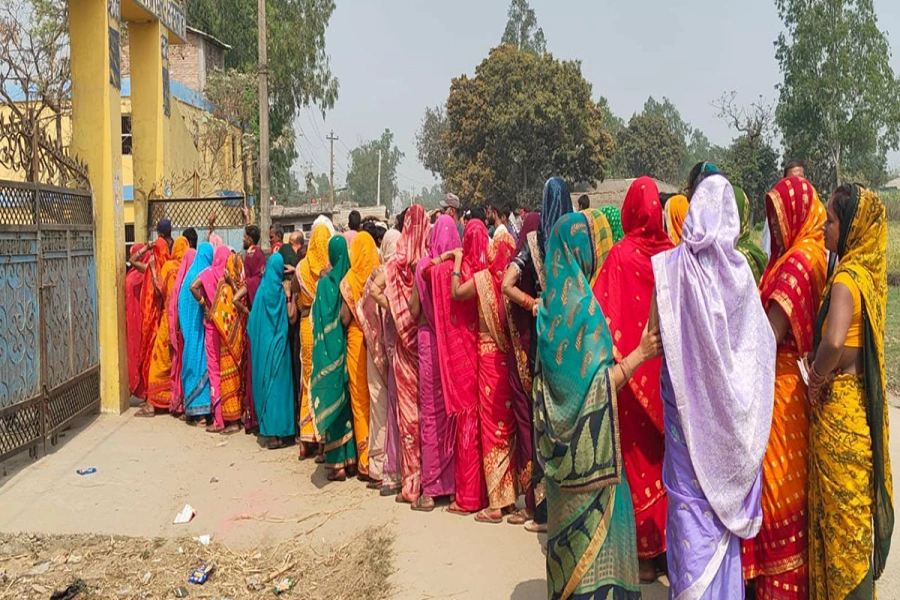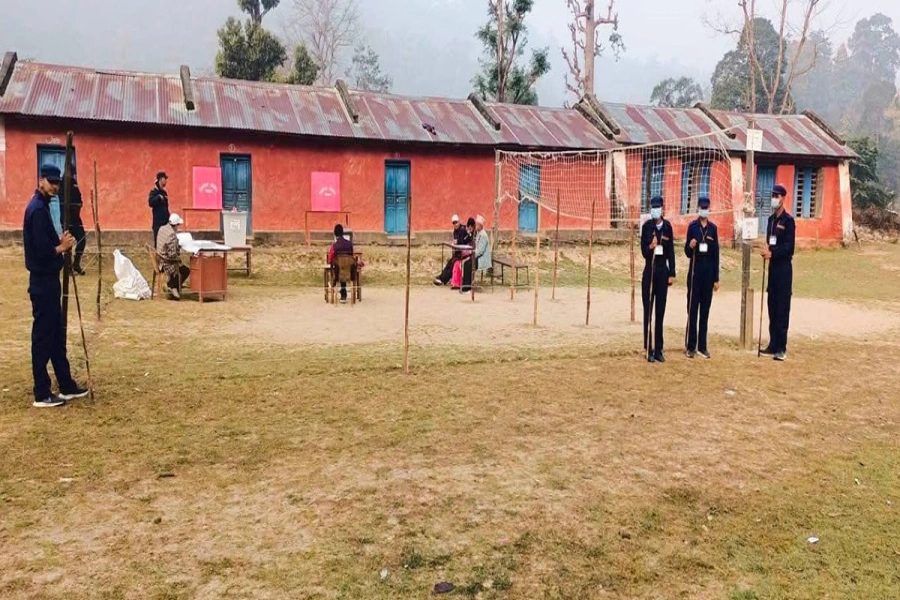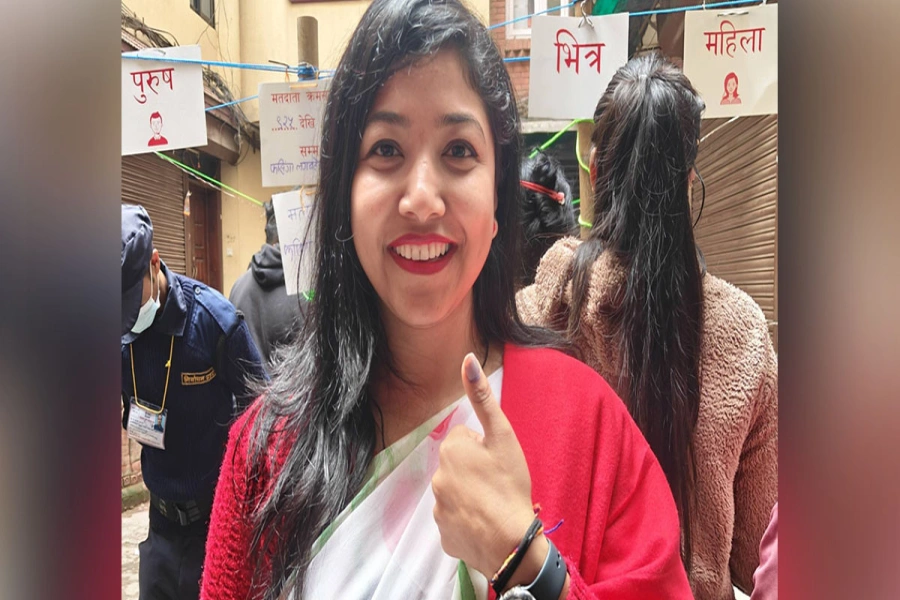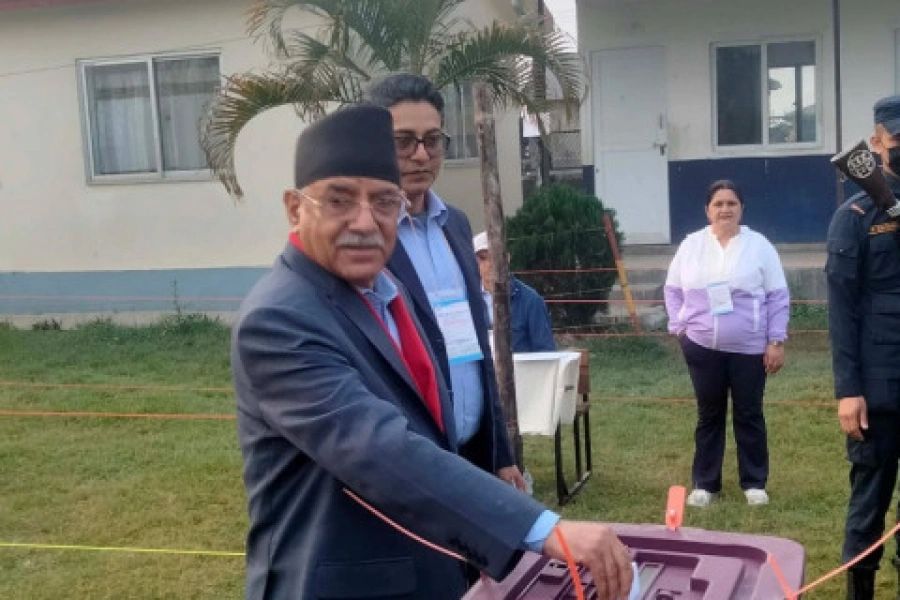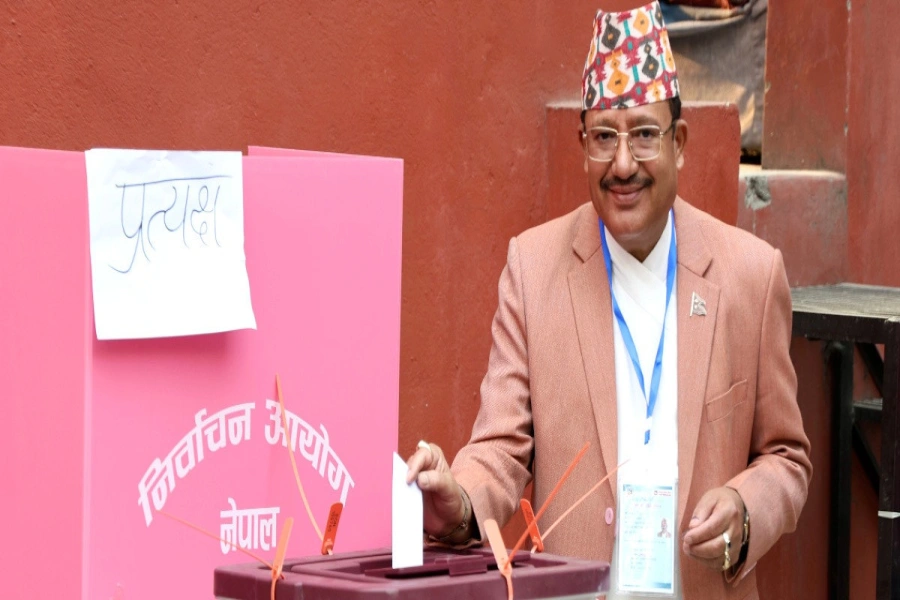KATHMANDU, August 10: More than one-third of the population in Nepal will be vaccinated against COVID-19 by mid-October, according to the Family Welfare Division under the Ministry of Health and Population. The Division has reached this conclusion on the basis of the dose of vaccine that has been imported so far and the vaccine that is due to arrive in Kathmandu by mid-October.
So far, 10 million doses of vaccine have arrived in Nepal and another 9 million doses will be received by mid-October. The United States of America has provided an additional 1.634 million Johnson & Johnson vaccines under the COVAX facility. Only one dose of this vaccine is enough to meet the requirement. Other vaccines should be given at the rate of two doses per person. In this regard, the full amount of vaccine will be available to the population of 13.34 million by mid-October. This is one third of the total population of Nepal or 33 percent.
Effects of COVID-19 is less among vaccinated people: Health Min...

Nepal has received 1.634 million J&J vaccines under COVAX facility, 1.6 million doses as grant and 5 million doses purchased from China, 230,000 doses from Bhutan, 2.1 million doses including 1.1 million doses as grant from India and 800,000 doses from Japan. An additional 800,000 doses of vaccine are in the process of arriving in Nepal from Japan within two weeks. China is going to provide an additional 6 million doses of vaccine to Nepal through the procurement process. According to the department, the vaccine is likely to reach Nepal within mid-October.
Moderna and Pfizer vaccines, which are said to be provided by the United States under the COVAX facility, are expected to arrive by April, 2022, according to the Department. In this regard, the government has set a target of vaccinating all eligible citizens within April.
Dr Tara Nath Pokhrel, director at the Family Welfare Division said, as the number of vaccinated citizens increases, they and those who have recovered from the corona infection may now be able to reduce their mortality chances due to antibodies. "The higher the number of people who have been vaccinated and infected, the lower the number of infections, and the lower the number of serious cases," he said. He added that the number of deaths would also decrease in the same proportion.


_20210809173003.jfif)
